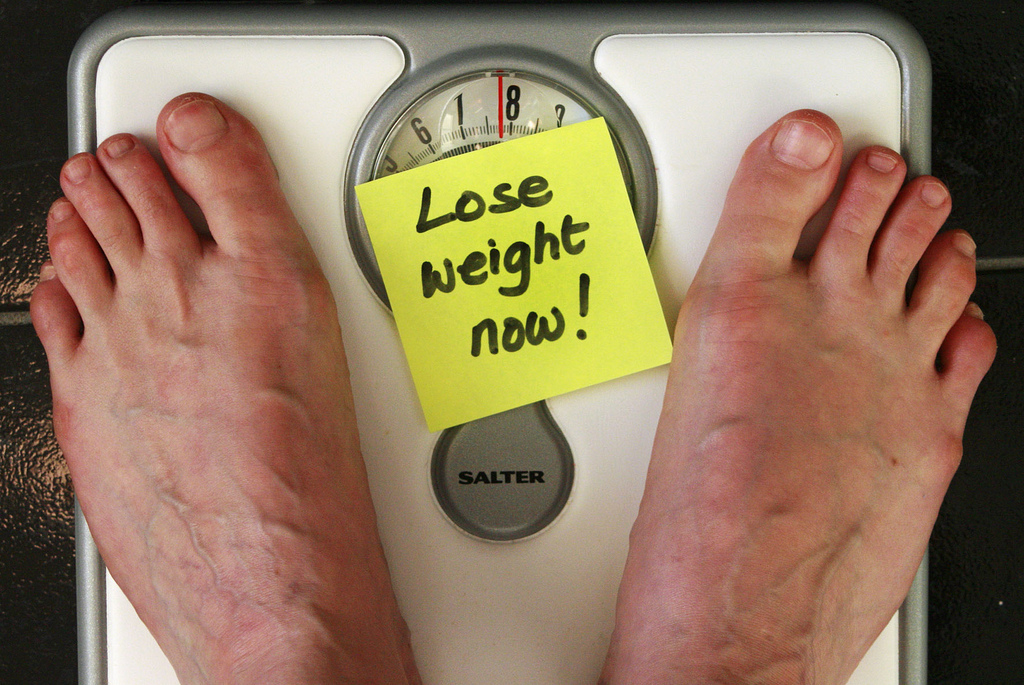
Food&Drink’s Harriet Laban discusses the consequences of being a diet and health focused generation
Content warning: this article references food restriction and some eating disorders.
The word ‘diet’ has sparked much debate in the past few years, as associations with the word have become more controversial. A large proportion of the population, and specifically Millennials and Gen Z, have become more familiar with the problematic side of diets. For many of us ‘diet’ may have connotations of food restriction, crash diets, and can be synonymous with the promotion of unhealthy food-consumption mindsets. We should instead aim for holistically healthy lifestyles, and a sense of wellness. The public has a far greater awareness of what is deemed ‘healthy’ yet gaps still remain in a true understanding of healthiness
Nowadays, the public has a far greater awareness of what is deemed ‘healthy’ yet gaps still remain in a true understanding of healthiness. For instance, as a way of avoiding diets, numerous people turn towards other techniques of controlling their food intake. These are methods such as artificial food alternatives, like protein shakes, as well as counting calories. It is arguable that these methods are just as unhealthy for us as a traditional food-restrictive diet, especially mentally.
As the media overarchingly persists in portraying a dominant body standard, that of slim women or muscular men, the public continually manifests an ideal which is unattainable for many, often due to genetic restrictions. Harbouring anxieties related to food consumption, and control of it, can have severe mental effects for many, even leading to diseases such as anorexia. Prevalent nowadays is orthorexia, the obsession with eating foods one considers healthy, especially in a culture so devoted to wellness. The explosion of calorie-counts on menus contributes to the attack on vulnerable mindsets, reinforcing a society entrenched in fatphobic narrative.
Being constantly reminded of the number of calories you are consuming, can have many self-esteem diminishing repercussions, seriously affecting self-perception and body-dysmorphia. It seems that many people are more focused on the calories they’re consuming in order to look a certain way, rather than the actual food types they’re eating so they may remain healthy. Prevalent nowadays is orthorexia, the obsession with eating foods one considers healthy, especially in a culture so devoted to wellness
Take a moment to think back to primary school… remember learning about the eatwell plate? When we were taught how to eat healthily, we weren’t told to eat a particular number of calories. Instead, the need to eat a varied diet (as in the kinds of foods we habitually eat, as opposed to a restrictive diet), was emphasised, especially the need to have fruit and vegetables as around a third of your diet, and carbohydrates as another third. Despite basic, common dietary knowledge, many people still avoid carbs and do not eat nearly enough greens. Perhaps if people adhered to this model, they might feel less compelled to be counting the calories, as they would be eating the correct proportions of food to begin with.
There is a tendency to err towards craving foods higher in salt, sugar and fat; these are often calorie heavy and the foods people worry about eating. This is not to say don’t eat them – they are great treat foods, perfect every now and again, and all in moderation. However, they should remain more occasional treats; by staying one-offs as opposed to daily consumption, people would not be so concerned about eating them. The guilt that many people feel when eating ‘bad’ foods is dissolvable, especially when they are consumed as part of a healthy lifestyle.
Day to day, it is better to adapt your lifestyle to be healthier, than counting the calories or making unnatural food swaps. The NHS has a web page dedicated to ‘Healthy food swaps’ for inspiration – these are not artificial substitutes but literal trades in the foods you choose to eat. For instance, they recommend switching from sugary cereals to wholegrain cereal such as porridge or swapping to unsalted nuts to avoid the extra sodium. It is noticeable that the NHS still encourages the consumption of ‘real’ foods and does not suggest unnatural substitutes, like sweeteners in your tea.
Eating intuitively, according to the basic nutrition rules you are taught at school, is an easy way to ensure that you remain healthy whilst enjoying what you are eating. Going out for food should be a fun experience; a restaurant should not trigger anxieties related to calories. It is entirely your decision what you put in your body, but it is important to remember that taking basic care of yourself and eating the ‘bad’ things in moderation is a far more effective way of remaining healthy than crash diets, alternative, artificial food substitutes, or obsessive calorie-counting.
Comments